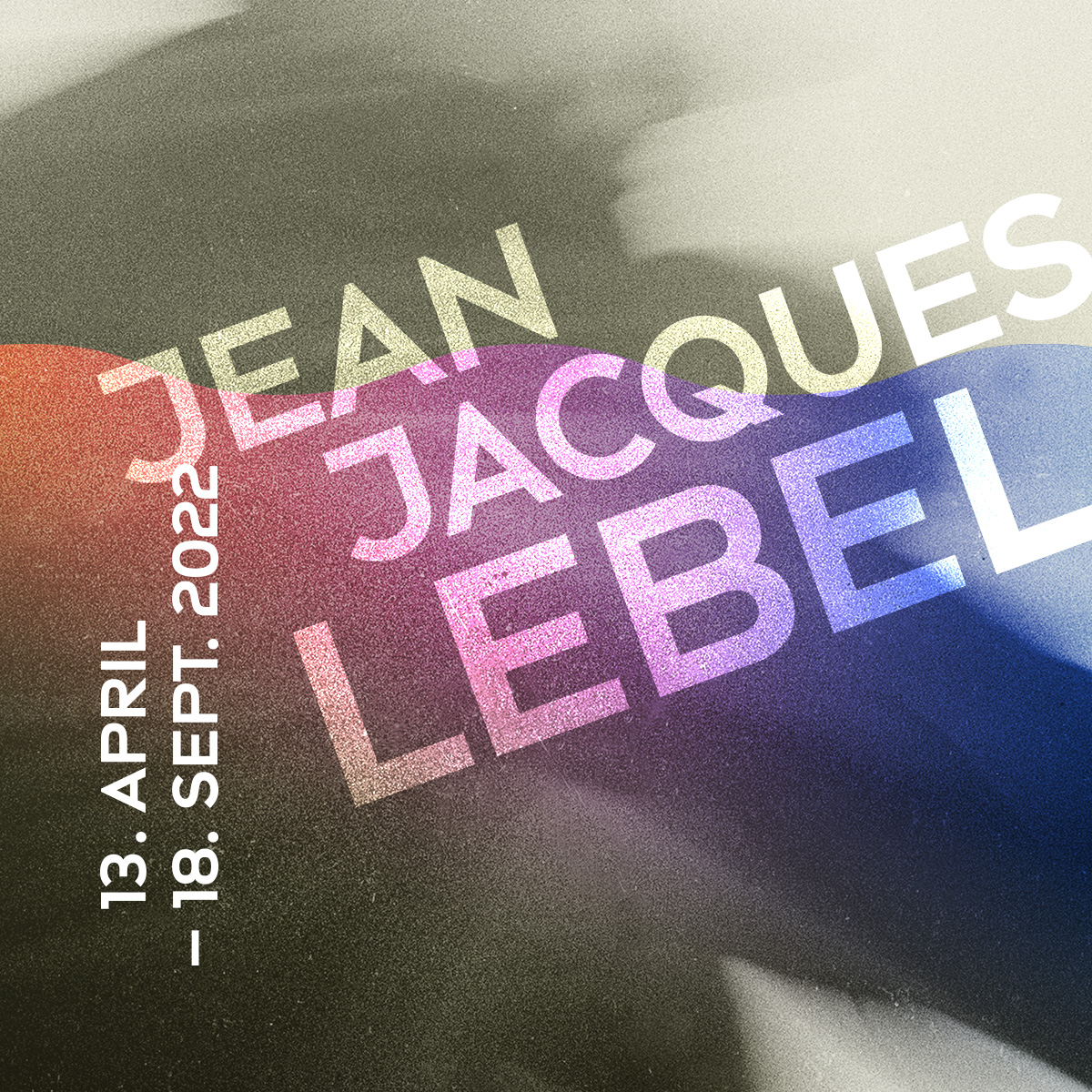Round table talk
Round table talk
Jean-Jacques Lebel | Party for Öyvind
Free admission, no booking required, in English
In the context of the two current special exhibitions Party for Öyvind and Jean-Jacques Lebel, Museum Tinguely cordially invites you to a Round table talk:
Udo Breger (author, translator, editor),
Harald Falckenberg (art historian, collector),
Gunnar Lundestam (curator, collector),
Barbro Schultz Lundestam (curator, video historian),
Peter Weibel (artist, curator) and Jean-Jacques Lebel (artist, writer, activist)
talk about Duchamp the anartist, Nietzsche, Tinguely and the Happening L'enterrement de la Chose, Öyvind Fahlström as well as the philosophical connections between the artists, anarchism, political involvement, etc.
Moderated by Andres Pardey
Free admission, no registration, in English
Programm:
16:00: Round 1: Nothing is true, everything is permitted
Participants:
JJLebel
Udo Breger
Barbro Schultz-Lundestam
Andres Pardey
Topics
Art of the Sixties
Music, literature (William S. Burroughs...)
Development of performance and happenings
The artists - the image of women / cult of Venus - les Avatars
etc
ca. 17:00: Preview Lebel, Apéro
ca. 18:00: Round 2: Total art is not a dogma but the determination to change life by whatever means we find poetic
Participants:
JJLebel
Peter Weibel
Gunnar Lundestam
Harald Falckenberg
Andres Pardey
Topics
Duchamp, Fahlström, Lebel, connections between artists, Erró...
Political art / anti-colonialism / anti-imperialism
Anti-Procès
Anarchism as a drive
etc
